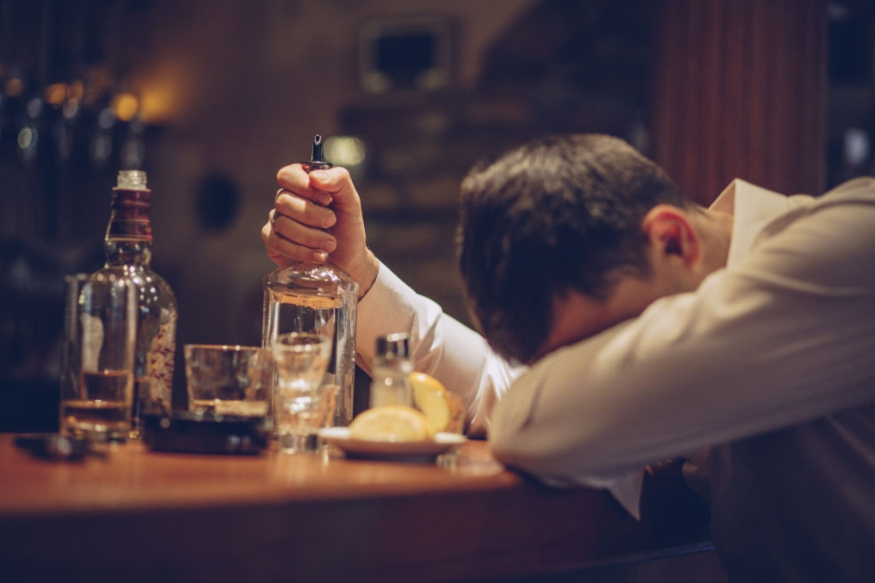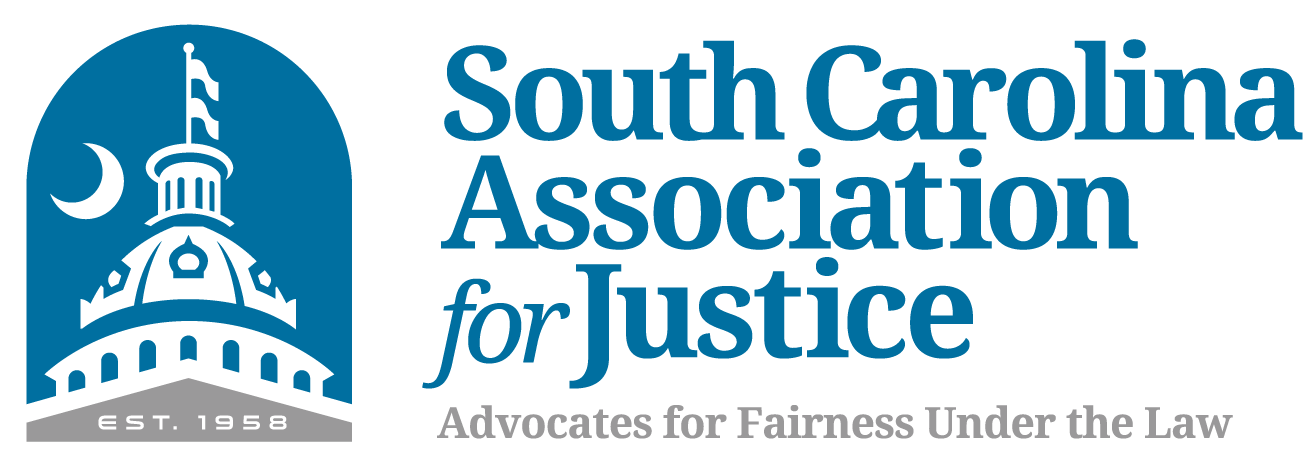Second-hand drinking not only affects the person doing the drinking but also everyone who crosses paths with that person. Second-hand drinking is not about the physical effects of alcohol, like getting a hangover. Instead, it’s about how someone’s drinking can change their behavior and hurt others. More than likely, you have never heard of the term second-hand drinking (SHD), “yet, secondhand drinking can forever alter people’s lives.”(BreakingtheCycles.com)
“Secondhand drinking knows no social, economic, racial, or cultural boundaries because alcohol misuse knows no social, economic, racial, or cultural boundaries.” (RecoveryView.com)
What is Secondhand Drinking?
Very similar to secondhand smoke, the term secondhand drinking “describes the negative impacts of a person’s drinking behaviors on others.” These behaviors may not be intentional, but they happen because alcohol changes the way the brain works.
A study recently published in the Journal of Studies on Alcohol and Drugs, reported that one out of five adults (around 53 million people in the United States) suffers because of another person’s excessive drinking annually. Those that were harmed by another person’s drinking reported different ranges of harm, from property damage to threats and harassment, to physical injury. The most common harm reported by 16% of those surveyed was threats or harassment.
People on the receiving end of second-hand drinking may experience:
- Deeply hurt feelings
- Injury or death due to someone driving while impaired
- Trying to survive in a home with an excessive drinker
- Recovering from physical abuse
- Developing depression or anxiety
- Crippling migraines, causing one to have to leave work early
- Stomach ailments or sleep disorders
- Questioning oneself, thinking it could be their fault
- Inability to concentrate
- Changed family dynamics, divorce
- Developing a substance abuse problem
Usually, the innocent sufferers don’t even realize that secondhand drinking is the cause of what they’re experiencing. Instead, they end up blaming something else (for example, migraines with no known cause or migraines due to stress), or just blaming themselves. The stress source may be identified as their job, the kids, or troubles at home. “They don’t think to associate it with another person’s drinking behaviors because they’ve never had an awareness of the concept of secondhand drinking.” (RecoveryView.com)
Alcohol abuse effects on family
Alcohol abuse can cause a lot of problems in a family. It can lead to arguments and even violence. Kids might feel scared or confused, and they might have trouble in school. Sometimes, families break apart because of drinking problems.
When someone drinks too much, it can also cause financial problems. They might spend too much money on alcohol and not have enough for important things like food or rent. This can make life really tough for everyone in the family.
Alcohol abuse effects on family examples
Joanne was the designated driver for her co-worker’s Happy Hour one night. She drank her soda and watched as her co-workers, one after another insisted on buying the next round. On the way home, Joanne lost control of the car when Jackson shouted, “Turn here,” and grabbed the steering wheel. Unfortunately, Jackson had just unfastened his seat belt and was thrown from the car. He is now a quadriplegic. Joanne now refuses to leave her house. The ripple effects – Jackson’s family now has to take care of him 24/7, His home had to be remodeled for a wheelchair; resources have been drained because of medical bills and home remodeling. Young Joanne’s parents have to relive “the horror for months on end through depositions and endless hours of insurance and legal dealings, constantly searching for how best to help their daughter overcome her despondency and despair.” (BreakingtheCycles.com)
Another Example
A veteran turns to alcohol to relieve his untreated PTSD. The combination of untreated PTSD and his abuse of alcohol changes his behavior drastically. His family all try to figure out what to do to make him stop or want to get help. His son doesn’t sleep well at night because he can hear his parents arguing. He can’t concentrate at school and gets embarrassed by classmates snickering when he can’t answer a teacher’s question. By recess, he is so upset that he punches a classmate in the face. He’s sent to the office and his parents are called because he’s being a behavioral problem – again. (RecoveryView.com)
These examples show how secondhand drinking can affect everyone in the family, whether directly or indirectly.
Secondhand drinking effects on coworkers
These days, alcohol abuse is not tolerated at work. If someone is drunk at work, it can make it hard for coworkers to do their jobs as well.
Examples of how alcohol abuse in the workplace can impact coworkers:
- Injuries leading to workers’ compensation claims; increases in premiums
- Assault or sexual harassment
- Theft
- Conflict among employees
- Distribution of alcohol at work
- Reduced productivity or quality of work, causing coworkers to have to take up the slack
- Mental effects on coworkers
- Reduced morale among staff
(Solutios4Recovery.com)
Alcohol abuse effects on coworkers – examples
A wife repeatedly promises her husband to cut down on her drinking, but never keeps her promise. The couple constantly argues. He confronts her about her drinking, and she says things he has or hasn’t done are the reasons for her drinking. The husband goes to work and rehashes these arguments over and over in his mind, unable to complete his job. This holds up the next stage of a project on which his team is working. (RecoveryView.com)
Susan’s husband repeatedly promises to cut down on or stop his drinking; but he doesn’t keep his promise. When Susan confronts him, he accuses her of checking up on him and “pops open another beer, asking, “What’s the big deal, can’t a guy have a couple of drinks after a hard day at work.” The discussion always ends up in a huge argument. Susan is a detective with the Police Department. At work, she cannot concentrate, thinking about everything. The effects ripple down to her co-workers. They know something is going on with Susan and try to cover for her. Her partner (fellow detective) is having stress-related symptoms, worrying about Susan, and having to pick up her slack. “Her partner goes home tense and angry and has trouble sleeping at night.” (BreakingtheCycles.com)
Secondhand drinking effects on everyone else
Secondhand drinking ripples down to everyone in society, in one way or another. These effects can last a lifetime, causing physical and emotional outcomes that most could not even comprehend. Jackson, the quadriplegic is an example of that. Joanne and her family were affected for life, as well as all of Jackson’s family and coworkers.
Second-hand drinking statistics
Here are some scary statistics:
- Every year, one in five Americans is hurt by secondhand drinking
- “Approximately 21% of women and 23% of men have experienced some form of secondhand injury as a direct result of alcohol abuse.”
- Women who have been abused by an alcoholic are 15 times more likely to abuse alcohol later in life. And 50% of children who have a parent who abuses alcohol will develop their own addiction later in life.
- 55% of domestic partner violence occurs after drinking
- Alcohol is the leading cause of car accidents, causing 33% of all car crashes
(GatewayFoundation.org)
“Secondhand drinking is real. It hurts. And it changes lives. The heartening news is that understanding its causes is helping people (especially family members and children) learn what it takes to protect their emotional and physical health, including protecting their brains from the consequences of secondhand drinking.” (RecoveryView.com)
Second-hand drinking is when someone’s drinking affects the people around them. It can cause a lot of problems, especially in families. It’s important to remember that if someone is drinking too much, it’s not just their problem – it can hurt the people they care about, too.
Where to find help in South Carolina
Department of Alcohol and Other Drug Abuse Services (SC):
https://www.daodas.sc.gov/
The Law Offices of David L. Hood Fighting for Victims of Drunk Driving and Negligence in South Carolina
If you or a loved one suffered injuries in a serious drunk driving crash or other type of auto accident in South Carolina, contact The Law Office of David L. Hood for help right away. We have served South Carolina accident victims for over 30 years by standing up to insurance companies, demanding fair compensation, and helping our clients rebuild their lives. Contact us online or call us at (843) 491-6025 to schedule your free, no-risk initial consultation with David L. Hood today.
Other online resources used for this article:
CNN.com
NYPost.com
News18.com






